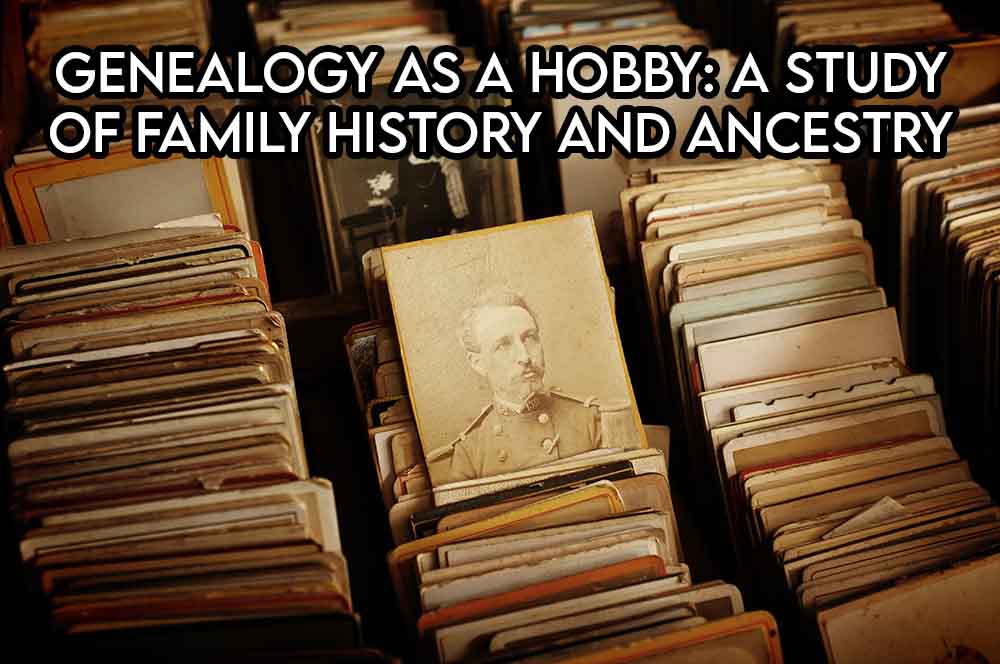An Overview of Genealogy as a Hobby
Genealogy, the study of family history and ancestry, has grown in popularity in recent years as a hobby. With the availability of online resources and databases, it has become easier than ever to research and trace one’s family tree.
For those just starting out in genealogy, the first step is to gather as much information as possible about immediate family members. This can include talking to older relatives, looking through old family photos and documents, and utilizing resources such as birth, marriage, and death records.
Once a basic family tree has been established, genealogists can begin to expand their research to include more distant relatives. This can involve searching through census records, military records, and immigration records. Many genealogists also use DNA testing to help fill in gaps in their family history.
Genealogy can be a rewarding hobby, not only for the knowledge and understanding it provides about one’s own family but also for the connections it can help to forge with distant relatives. Additionally, studying family history can provide insight into broader historical events and the social and cultural changes that have taken place over time.
One important aspect of genealogy as a hobby is the sense of community and support that comes with it. Many genealogists belong to local or online groups where they can share information, advice, and resources with others who are also interested in tracing their family history.
While genealogy can be a time-consuming and sometimes frustrating pursuit, the rewards of discovering one’s roots and learning about one’s ancestors can make it a fulfilling and enriching hobby. Whether you are just starting out or are a seasoned genealogist, the study of family history is a fascinating journey that can offer endless possibilities for exploration and discovery.
What equipment does a genealogist need?
A genealogist may need a variety of tools and equipment to effectively research and document family history. This can include physical items like paper and pencils for taking notes, as well as digital tools like a computer and access to genealogy software and online databases. Other useful items for a genealogist might include a camera for taking pictures of important documents or headstones, and a voice recorder for conducting interviews with family members. Additionally, a genealogist may need to purchase access to certain records or databases that are not available for free. It’s important for a genealogist to be organized and to keep detailed records of their research, so a good filing system and backup system for digital files is also essential.
6 Useful Tips to Become a Better Genealogist
Here are a few tips for genealogy research:
- Start with yourself and work backward, building your family tree one generation at a time.
- Gather as much information as you can from living relatives, including names, dates, and places of birth, marriage, and death.
- Consult census records, birth, marriage, and death certificates, and other public records to verify and supplement the information you have collected from family members.
- Use online databases and resources, such as ancestry.com and FamilySearch.org, to find additional records and information about your ancestors.
- Join online genealogy forums and groups to connect with other researchers and gain access to a wider range of resources and expertise.
- Be patient and persistent in your research. Genealogy can be a challenging and time-consuming pursuit, but the rewards of discovering your family history can be well worth the effort.
Follow Us
On Twitter and Facebook. You can also browse our ultimate list for more hobby ideas. Don’t forget to save our homepage to your favorites.





